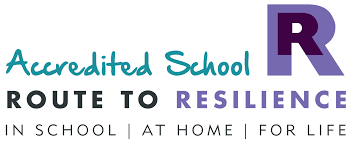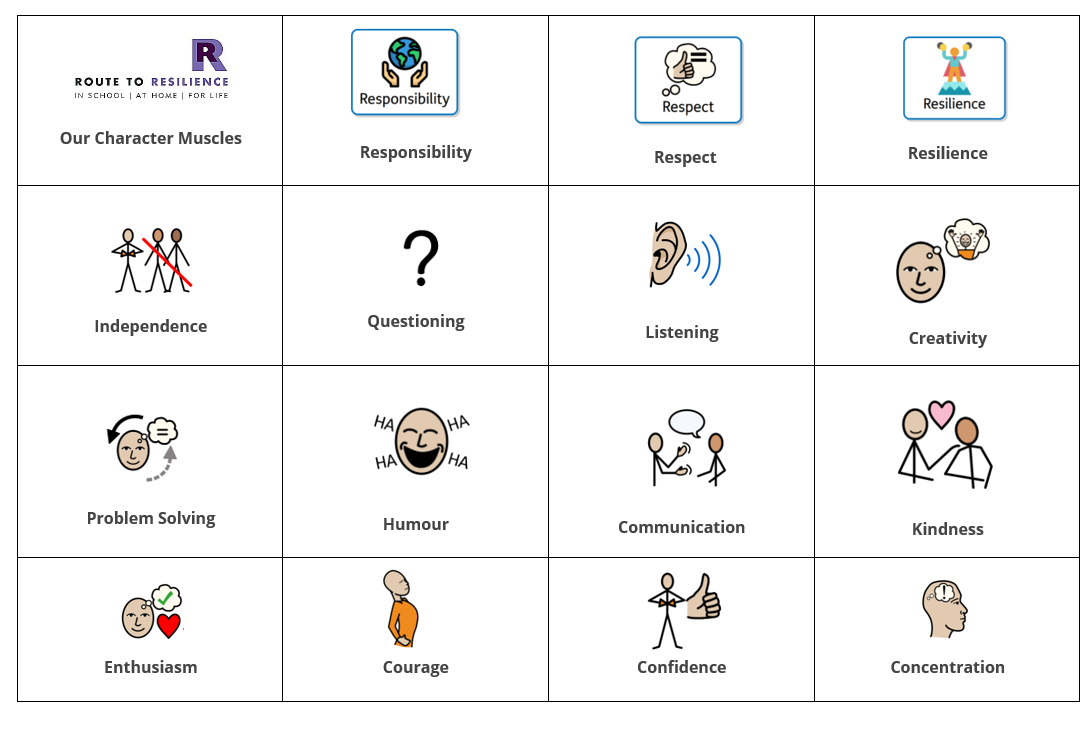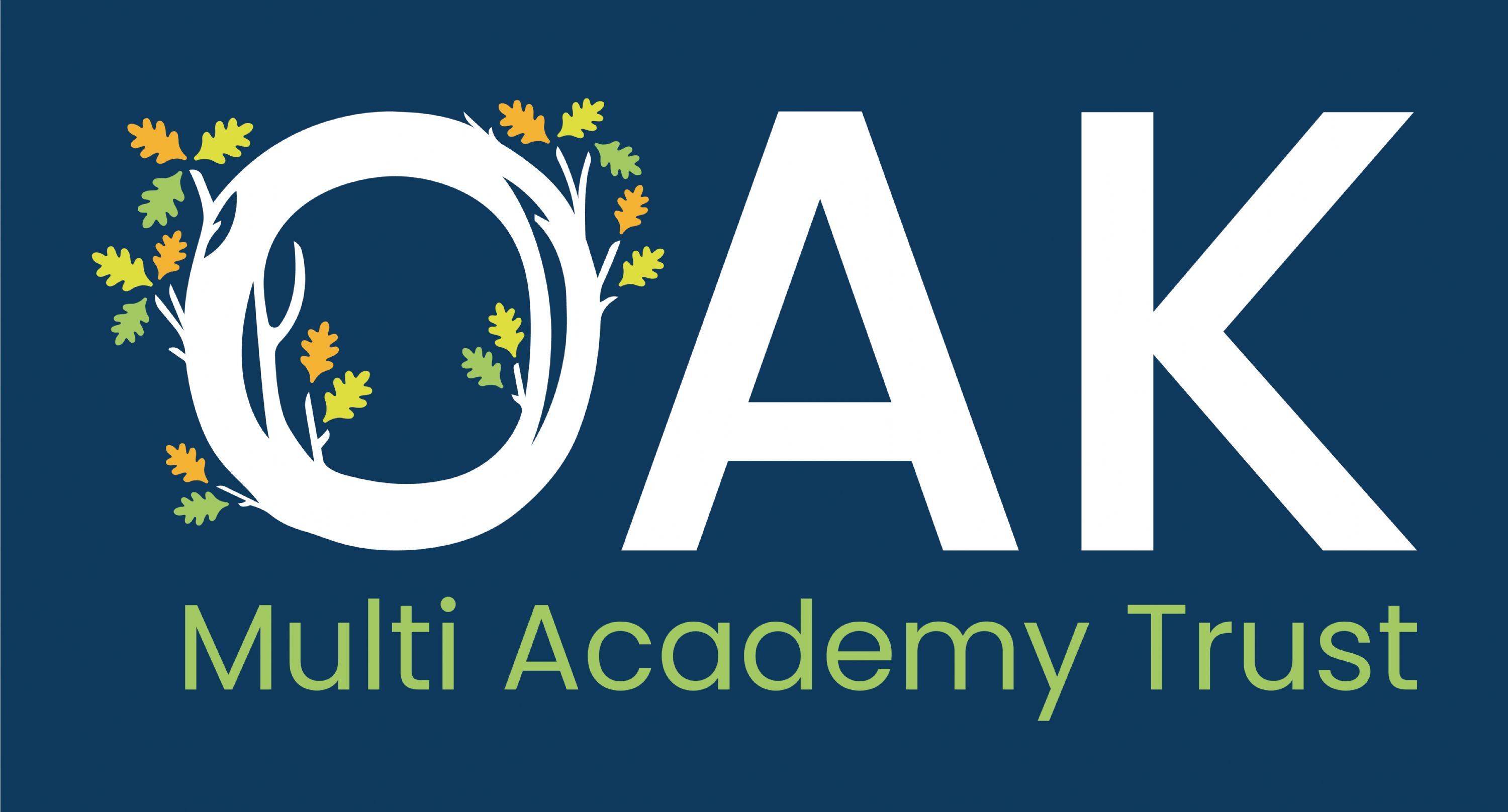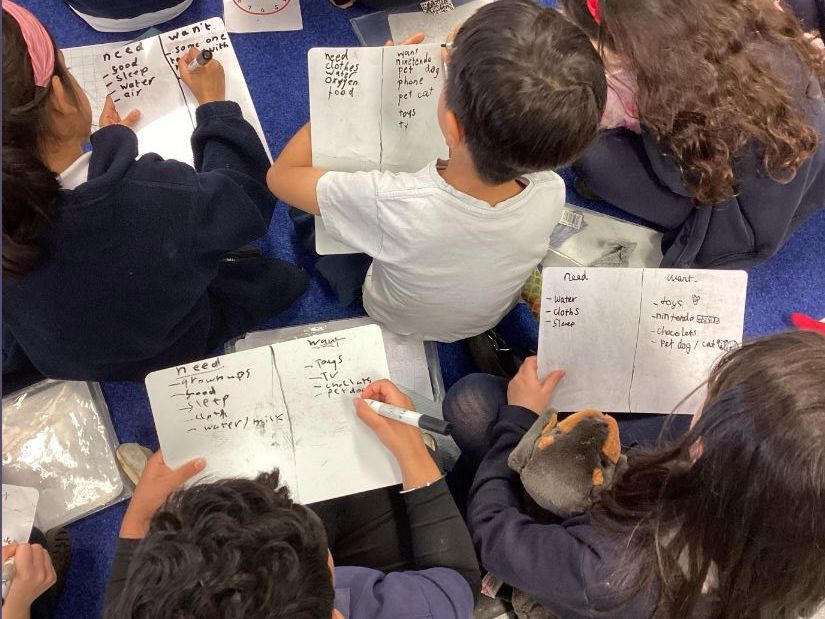Personal Development including R2R
Our Personal Development Curriculum Intent
• To cultivate resilience, independence, and responsibility: We aim to empower pupils to become self-reliant, adaptable, and accountable individuals, equipped to contribute positively to their communities and society as a whole.
• To support effective emotional management through life’s changes: Our curriculum fosters emotional awareness and adaptability, helping pupils recognise and successfully navigate the changes and challenges that come with growing up.
• To promote respect and acceptance of diversity: We encourage pupils to celebrate individuality and practice empathy, fostering a respectful, inclusive outlook toward people of all backgrounds and perspectives.
• To equip pupils with skills for physical and emotional safety in all settings: We focus on providing the knowledge and strategies necessary for pupils to keep themselves safe, whether navigating real-life challenges or the virtual world.
• To encourage seeking support when needed: We emphasise the importance of asking for help, nurturing a supportive environment where pupils feel comfortable reaching out to others for guidance or assistance.
• To empower thoughtful decision-making in various situations: Our curriculum encourages pupils to develop sound judgement and confidence in making positive choices, preparing them to handle diverse scenarios with integrity and self-awareness.
• To ensure smooth and confident transitions across educational stages: We prepare pupils for the natural transitions between year groups, key stages, and schools, helping them to adapt smoothly and with confidence as they progress.
This intent ensures that personal development education nurtures well-rounded, resilient, and compassionate individuals, ready to thrive in both personal and social spheres.
Our Personal Development Curriculum has been created by amalgamating PSHE and RSHE into a comprehensive package of education focussed on the personal development of our pupils. Our curriculum incorporates, Routes to Resilience, Circle Time and focussed sessions on Personal, Social, Relationship, Sex and Health Education. As we are an Infant School our curriculum has been designed appropriately for children aged 3 to 7 years. For more information on our RSHE programmes please see our RSHE curriculum page.
Route to Resilience (R2R) is a programme of accreditation that is completed when a school demonstrates that it embeds a character education at the heart of its curriculum. It is designed to improve children's mental health, attitude to learning and resilience.
By teaching the children about 'Character Muscles', we equip them to become more resilient, confident and happy people. We are preparing our children for life in modern Britain.
We incorporate Character Muscles in every area of your child's education including them in: rewards, PSHE lessons, assemblies and circle times. We also embed Character Muscles in every lesson and build them into our expectations of learning.

Introduction to Route to Resilience
What is R2R?
Put simply it is recognising, understanding and developing character traits that make us unique and then using these ‘character muscles’ to allow us to be the best version of ourselves. At the heart of character education is creating a culture in and out of school where children are given every opportunity to rehearse and strengthen their sense of themselves.
There is a growing recognition of the need to equip children with strong character muscles that will make them successful in all occupations and will help them to develop into healthy and happy adults.
We are a Route to Resilience accredited school; the programme aims to promote children’s well-being.
What will happen in R2R sessions?
During school time, the character muscles will be introduced into their work, giving the children opportunities to reflect on which ones they are using, and recognise how to build and apply the character vocabulary in their work at school, home and life.
You will increasingly notice your child using their character muscles in their work, in communications from school and in other ways. We hope that you will want to help them build these muscles at home as well, and we are here to help you do that.
The Character Vocabulary
These are the ones we have chosen to work on in school

Preparing children for the future
Remember the 1960’s when it was common for girls to be taught typing and boys woodwork. Typing is a hugely useful skill in our computerised world while woodwork less so.
Equipping children with good character muscles, gives them the ability to adapt and interact with the world and others, take on new challenges and have confidence in their abilities. Also, resilience skills are transferable, they can be used anywhere and be built up over time. They don’t go out of date!
The KUBA Framework
KUBA is a great way to help your young person build character vocabulary such as teamwork skills. First they need to KNOW what team working means and what is expected of them, USE team working skills in an effective way, BUILD their team working skills by using them repeatedly, and then APPLY the team working skills to new situations, as a transferable skill.
More information that may be useful to you
There is lots more info on Resilience at www.routetoresilience.co.uk
Personal Development Knowledge Organisers
Reception
Autumn
Spring
Summer
Year 1
Autumn
Spring
Rights, Rules and Responsibilities
Summer
Year 2
Autumn
Spring
Relationships and Sex Education


